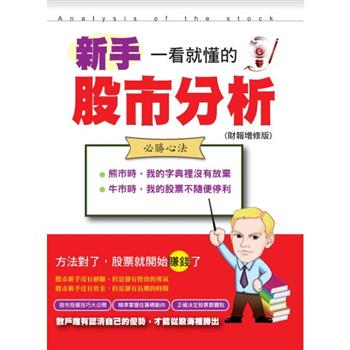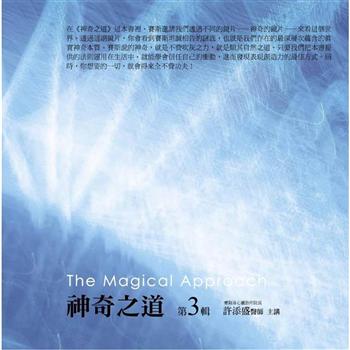This book challenges the classic - and often tacit - compartmentalization of tourism, migration, and refugee studies by exploring the intersections of these forms of spatial mobility: each prompts distinctive images and moral reactions, yet they often intertwine, overlap, and influence one another.
Tourism, migration, and exile evoke widely varying policies, diverse popular reactions, and contrasting imagery. What are the ramifications of these siloed conceptions for people on the move? To what extent do gender, class, ethnic, and racial global inequalities shape moral discourses surrounding people’s movements? This book presents 12 predominantly ethnographic case studies from around the world, and a pandemic-focused conclusion, that address these issues. In recounting and juxtaposing stories of refugees’ and migrants’ returns, marriage migrants, voluntourists, migrant retirees, migrant tourism workers and entrepreneurs, mobile investors and professionals, and refugees pursuing educational mobility, this book cultivates more nuanced insights into intersecting forms of mobility. Ultimately, this work promises to foster not only empathy but also greater resolve for forging trails toward mobility justice.
This accessibly written volume will be essential to scholars and students in critical migration, tourism, and refugee studies, including anthropologists, sociologists, human geographers, and researchers in political science and cultural studies. The book will also be of interest to non-academic professionals and general readers interested in contemporary mobilities.












